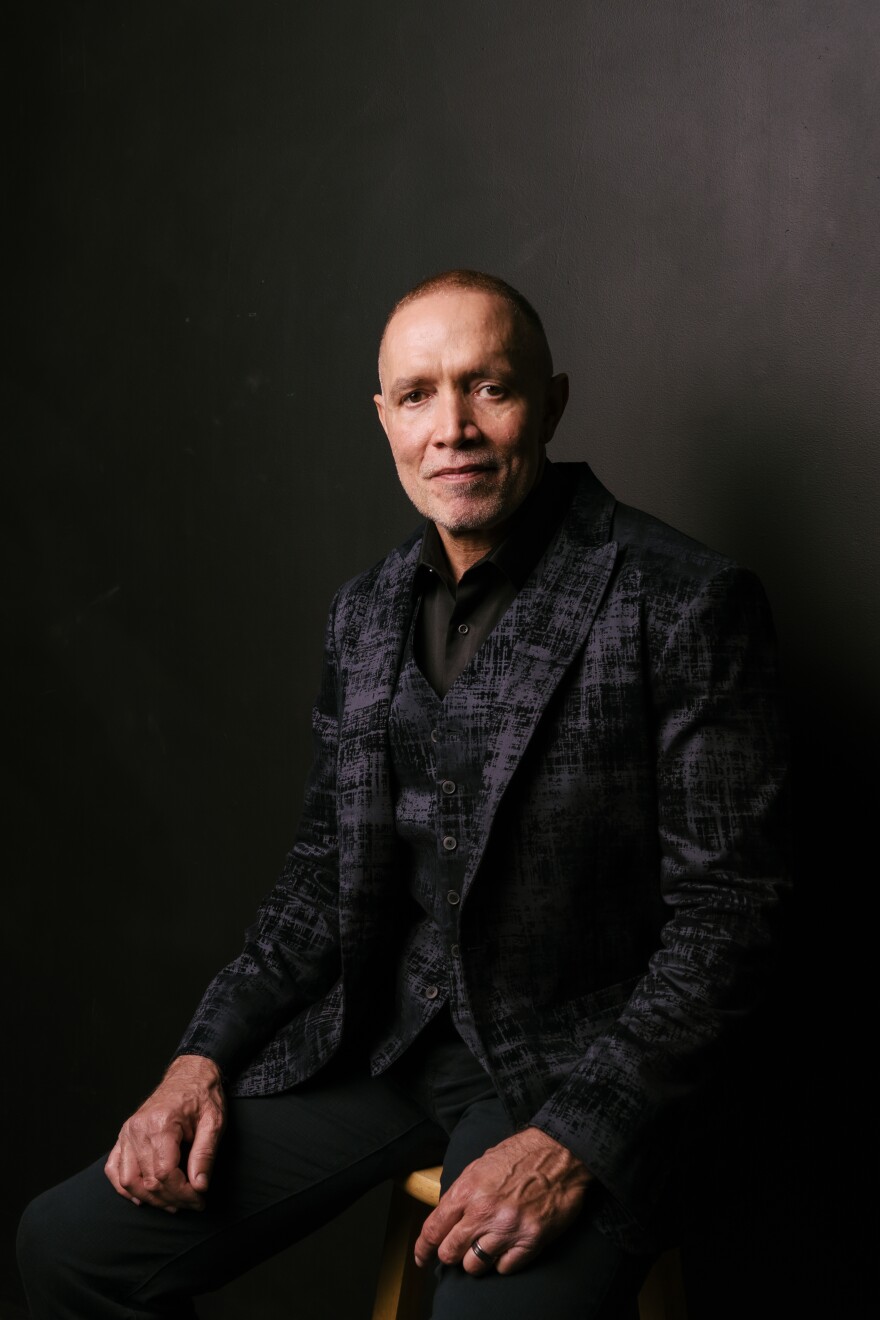Composer Michael Abels was already out of music school before he ever heard about Joseph Bologne, Chevalier de Saint-Georges, an 18th-century master fencer, composer, violinist and conductor of French and African descent who enjoyed much fame in his time but also endured bigotry and racism throughout his life and career. Much of Bologne's orchestral and operatic works were lost or suppressed during and after the upheaval of the French Revolution, but the pieces that survived have started to gain - or regain - attention as ensembles increasingly perform and record them.

Abels has now been able to do his part to raise Bologne's name recognition, arranging the composer's works and writing some of his own for the new Searchlight Pictures biopic Chevalier, which features a film score written by Kris Bowers. Another of Abels' works, the opera Omar, on which he collaborated with composer and songwriter Rhiannon Giddens, was just awarded the 2023 Pulitzer Prize for Music. The opera is based on the story of an enslaved Muslim African who lived in Charleston, South Carolina.
A Tempo host Rachel Katz this week speaks with Abels about both of these projects, including how he learned about Bologne's career, and the opportunity to bring both of these stories, drawn from history but in some ways very reflective of our time, to the public.



